Samuel Beckett and trauma

Samuel Beckett and trauma
EDITED BY MARIKO HORI TANAKA, YOSHIKI TAJIRI AND MICHIKO TSUSHIMA
Manchester University Press
Copyright Manchester University Press 2018
While copyright in the volume as a whole is vested in Manchester University Press, copyright in individual chapters belongs to their respective authors, and no chapter may be reproduced wholly or in part without the express permission in writing of both author and publisher.
Published by Manchester University Press
Altrincham Street, Manchester M1 7JA
www.manchesteruniversitypress.co.uk
British Library Cataloguing-in-Publication Data
A catalogue record for this book is available from the British Library
ISBN 978 1 52612 134 9 hardback
First published 2018
The publisher has no responsibility for the persistence or accuracy of URLs for any external or third-party internet websites referred to in this book, and does not guarantee that any content on such websites is, or will remain, accurate or appropriate.
Typeset in Minion by
Servis Filmsetting Ltd, Stockport, Cheshire
Contents
Introduction
Mariko Hori Tanaka, Yoshiki Tajiri and Michiko Tsushima, with Robert Eaglestone
1 Beckett and trauma: the fathers death and the sea
Julie Campbell
2 Void cannot go: trauma and actor process in the theatre of Samuel Beckett
Nicholas E. Johnson
3 Insignificant residues: trauma, face and figure in Samuel Beckett
David Houston Jones
4 The skin of words: trauma and skin in Watt
Michiko Tsushima
5 Bodily object voices in Embers
Anna Sigg
6 Trauma and ordinary objects in Virginia Woolf and Samuel Beckett
Yoshiki Tajiri
7 Smiling tigers: trauma, sexuality and creaturely life in Echos Bones
Conor Carville
8 The global trauma of the nuclear age in Becketts post-war plays
Mariko Hori Tanaka
Julie Campbell was Senior Lecturer in English at the University of Southampton and co-convenor (201112) and then convenor (2013) of the Samuel Beckett Working Group under the auspices of the International Federation of Theatre Research until her death on 21 May 2014. She had published widely, in books and scholarly journals. Her articles on Beckett appeared in Samuel Beckett Today/Aujourdhui and Beckett and Animals, edited by Mary Bryden (Cambridge University Press, 2013). Her chapter in this book derives from a lecture delivered at Aoyama Gakuin University, Tokyo, in December 2012.
Conor Carville is Associate Professor of English at Reading University. His book on Irish cultural theory, The Ends of Ireland: Criticism, History, Subjectivity, was published by Manchester University Press in 2012. He has published many essays on Beckett, most recently Murphys Thanatopolitics in The Irish Review. His book on Beckett and the visual is forthcoming from Cambridge University Press. He is currently working on a book about Beckett and the concept of life.
Robert Eaglestone is Professor of Contemporary Literature and Thought at Royal Holloway, University of London. He works on contemporary literature and literary theory, contemporary philosophy and on Holocaust and genocide studies. He is the author of six books, including Ethical Criticism: Reading after Levinas (1997), The Holocaust and the Postmodern (2004) and The Broken Voice (2017). He is the editor or co-editor of seven volumes, including Derridas Legacies (2008) and The Future of Trauma Theory (2013). His work has been translated into five languages, including Japanese. In 2014 he won a National Teaching Fellowship Award.
Mariko Hori Tanaka is Professor of English at Aoyama Gakuin University, Japan, and co-convenor (201112, 201418) of the Samuel Beckett Working Group under the auspices of the International Federation of Theatre Research. She has published widely, in books and scholarly journals. Her essays on Beckett have appeared in Samuel Beckett Today/Aujourdhui and several collections of essays such as Samuel Beckett and Pain, co-edited by Yoshiki Tajiri and Michiko Tsushima (Rodopi, 2012) and The Edinburgh Companion to Samuel Beckett and the Arts, edited by S. E. Gontarski (Edinburgh University Press, 2014). She co-translated James Knowlsons Damned to Fame: The Life of Samuel Beckett and published Beckett Junrei [Pilgrimage] in Japanese.
Nicholas E. Johnson is Assistant Professor of Drama at Trinity College Dublin, as well as a performer, director and writer. Recent Beckett projects include dramaturgy for Cascando (Pan Pan, 2016) and direction for Nos Knife (Lincoln Center, 2015). He co-edited the Journal of Beckett Studies special issue on performance (23.1, 2014) and co-founded the Samuel Beckett Laboratory in 2013 (both with Jonathan Heron). His research has been published in several edited collections including The Plays of Samuel Beckett (Methuen, 2013) and Staging Beckett in Ireland and Northern Ireland (Bloomsbury, 2016). He is a co-director of the Beckett Summer School and head of the Creative Arts Practice research theme at Trinity College Dublin.
David Houston Jones is Professor of French Literature and Visual Culture, University of Exeter. His publications include Installation Art and the Practices of Archivalism (Routledge, 2016); Assessing the Legacy of the Gueules casses: from Surgery to Art, a special issue of Journal of War and Culture Studies (2017) (with Marjorie Gehrhardt); Paddy Hartley: of Faces and Facades (Black Dog Publishing, 2015) (with Marjorie Gehrhardt); Samuel Beckett and Testimony (Palgrave Macmillan, 2011); Jean Genet, Journal du voleur (University of Glasgow, French & German Publications, 2004); and The Body Abject (Peter Lang, 2000).
Anna Sigg is a professor of English at John Abbott College in Quebec. She completed her PhD in the Department of English at McGill University, Montreal. Her article on Becketts Krapps Last Tape was published in LAnnuaire thtral. Her FQRSCfunded dissertation, Therapeutic Theatre: Trauma and Bodily Articulation in Post-War European Drama, explores the connection between trauma, body and sound in post-war European theatre (Beckett, Artaud, Brecht, Bond and Kane). She teaches modernist and Romantic drama. She is also passionate about performance and directing and has worked as an acting coach and music director.
Yoshiki Tajiri is Professor of English at the University of Tokyo. He has written extensively on Samuel Beckett, modernism and contemporary English literature. His Japanese translation of Becketts Dream of Fair to middling Women appeared in 1995. He is the author of Samuel Beckett and the Prosthetic Body: The Organs and Senses in Modernism (Palgrave Macmillan, 2007) and co-editor of Samuel Beckett and Pain (Rodopi, 2012). He has also translated a selection of J. M. Coetzees critical essays into Japanese (2015) and published articles on his work in Journal of Modern Literature and Textual Practice. More recently he co-edited a Japanese book on Yukio Mishima (2016).
Michiko Tsushima is Associate Professor in the Faculty of Humanities and Social Sciences at the University of Tsukuba, Japan. She is the author of The Space of Vacillation: The Experience of Language in Beckett, Blanchot, and Heidegger

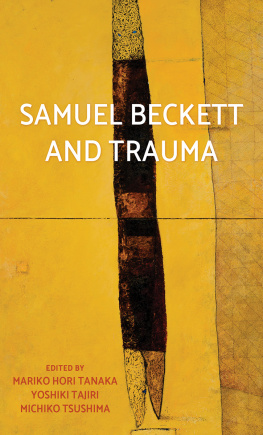
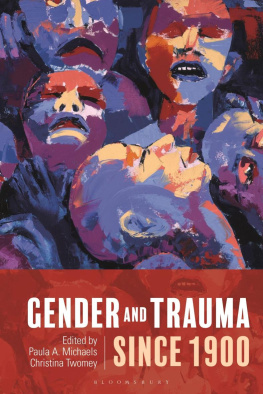
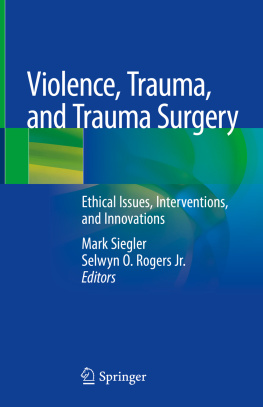

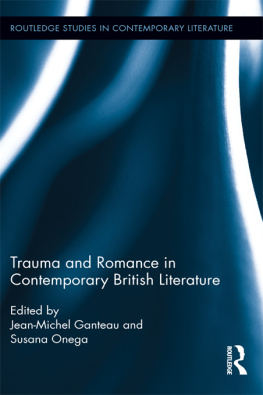

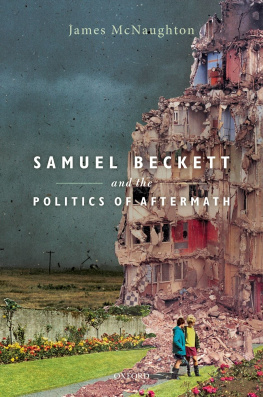
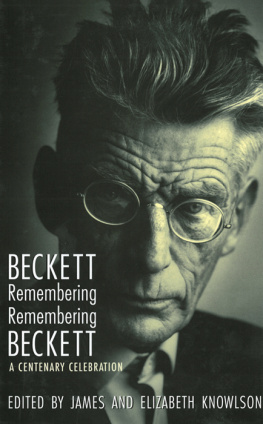
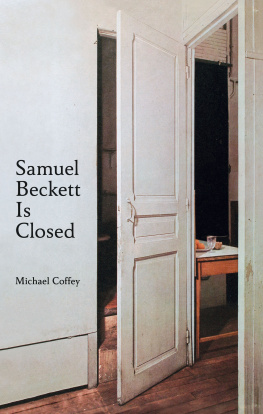
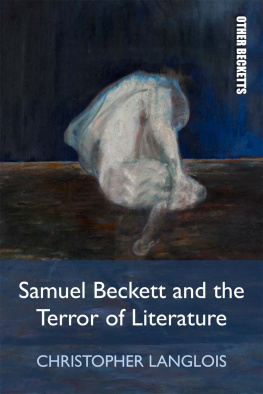
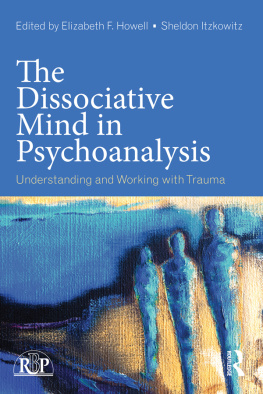
![Samuel Beckett [Samuel Beckett] - The Complete Dramatic Works](/uploads/posts/book/72751/thumbs/samuel-beckett-samuel-beckett-the-complete.jpg)

